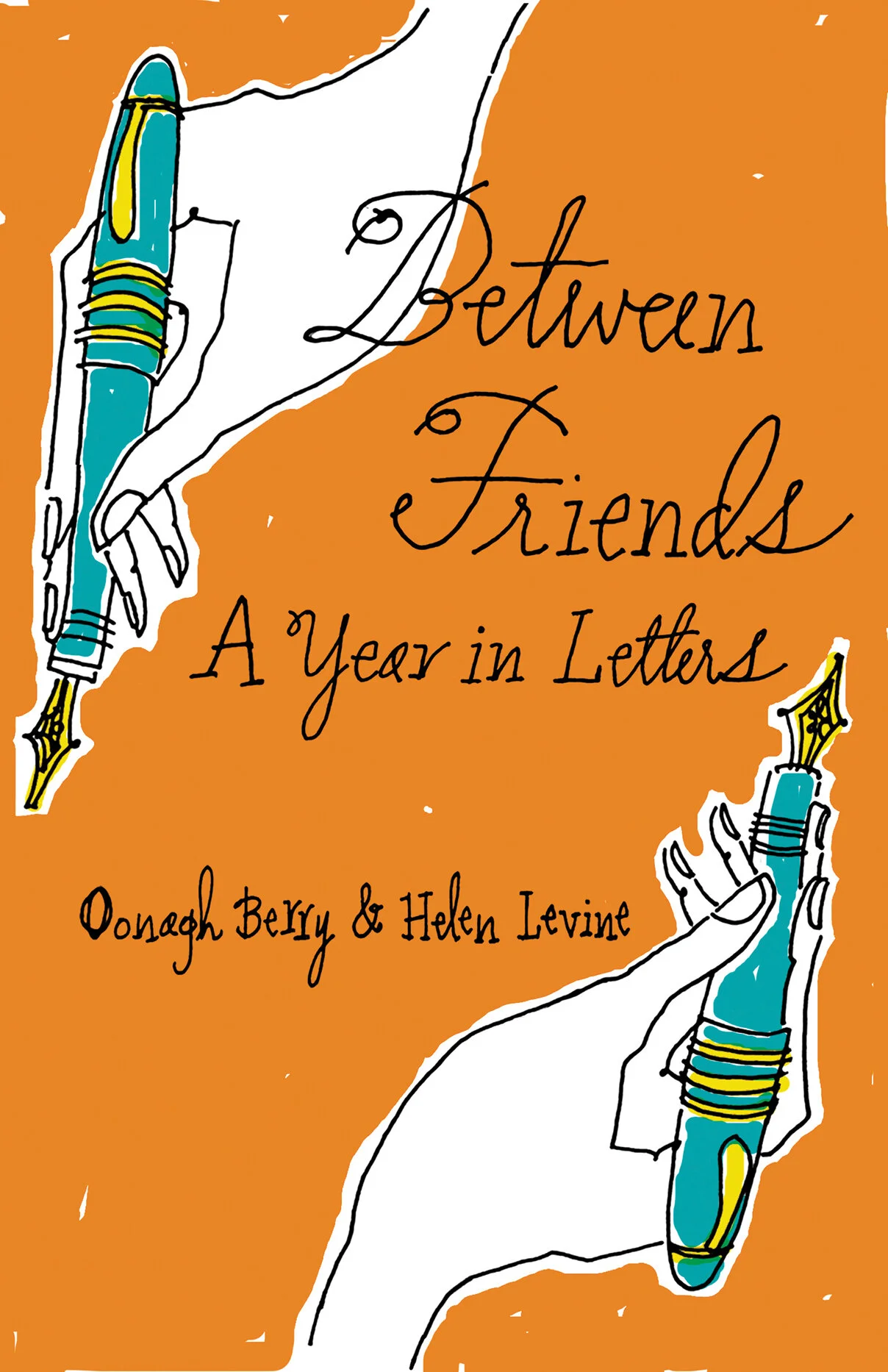From Russia with love: The Canadian-Russian Cultural Society of Belleville celebrates diversity
/By Victor Schukov
Antonia Vassilieva-Durham’s kiosk is a fixture in the Belleville Market. Photo Courtesy Antonia Vassilieva-Durham
Born in Tomsk, Siberia, which is a university town of over 500,000 people, Antonia Vassilieva-Durham emigrated from her homeland at the age of 44, with a Ph.D. in microbiology, and extensive experience in the field of agricultural development by bio-technology.
“I moved to Belleville in 1999. My story is one of life and love. Through the Tomsk Rotarian chapter, I travelled on cultural exchange to the Toronto area a year earlier and met Tony from Kingston. I went home and wrote a hundred letters and fell in love.” In 2003, Vassilieva-Durham became a Canadian citizen. “My opinion on happiness is if you find peace with yourself, you will be happy no matter where you go.”
Her kiosk is a fixture in the Belleville Farmers Market where Vassilieva-Durham sells her homemade Russian foods and items for local charities, while joyfully immersed in community spirit. “My drug is meeting local people. In 2000, I started the Canadian-Russian Cultural Society because I disagreed with the stereotyping of Russia. When I came here, the reaction of was, ‘Wow, she can even speak English!’” Laughing she said “Their clichés of Russia included Stalin, repression, and the killing of the Czar. On the positive side, talk was of ballet and Dr. Zhivago. And what I found interesting was Russians here were hesitant to tell others where they came from. I decided to introduce my culture’s traditional events to Belleville.”
Events are a joyful celebration of diversity and inclusiveness. Photo Courtesy Antonia Vassilieva-Durham.
Membership with the Canadian-Russian Cultural Society has risen from a core of ten to a mailing roster of over 50 locals, with an eclectic variety of nationalities. Half of the members are Canadians by birth interested in Russian language and culture.
One question she is often asked is, “Why do people immigrate to counties like Hastings?” Her answer, “The driving force is they are ready to change their life, and feel a need to change.
Reasons may be personal, like me falling in love with Tony. Professional is another reason. We have several doctors who are Russian and Ukrainian who came here recruited. Personally, I like the size of Belleville. It’s just right. You’re not lost. People know you. I can still wave to a bus driver, but it doesn’t mean he knows everything about me. I like my street because no one told me how to grow my garden. I planted all my own trees. I can do things here. Some immigrants also come here because their children are in Toronto. But you still have to be ready to move.” Laughing, she added, “In general, my belief is there are no boring places, just boring people, maybe.” She said that “Belleville has changed in the past 20 years. Less conservative, now more open-minded and multicultural. I enjoy these people. I have a strong desire to serve them.
The Canadian-Russian Cultural Society introduces locals to the history, culture, traditions, life style, and just real faces of people originating from the Russian speaking parts of the world. Our group’s strongest bond is the Russian language even though English and other languages are often present in our conversations and events. With respect to language, the former Soviet Union was very similar to Canada with its two official languages. In the USSR, we practiced the ethnic language within each of the 15 republics plus Russian, so for many of us, Armenian, Belarusian, Georgian, Russian, Ukrainian, etcetera are common languages of communication.”
Looking regal in traditional Russian regalia. Photo Courtesy Antonia Vassilieva-Durham.
According to Vassilieva-Durham, the Soviet Union was one of the world’s most ethnically diverse unions, with over 100 distinct national ethnicities living within its borders, and a total population close to 200 million people. All citizens of the USSR had their own ethnic affiliation and were bilingual, with an obligation at school to learn a foreign language (of choice) such as German, English or French. By far, Russia was the largest republic in the USSR in both population and geography, as well as the strongest politically and economically due to its vast natural resources.
She explained that “For these reasons, until the 1980’s, the Soviet Union was commonly and incorrectly referred to as Russia. Diversity was a natural part of life for many centuries.”
Members of the Canadian-Russian Cultural Society enjoy performing traditional music and dance. Photo Courtesy Antonia Vassilieva-Durham.
The Canadian-Russian Cultural Society is a diverse group of open-minded Baby Boomers and younger generations with a zest for cultural interaction and personal development. They are non-political with diverse roots and upbringings, respectful of each other’s backgrounds. The association offers private lessons in Russian to all who are interested along with ample opportunity to practice with Vassilieva-Durham.
The Society makes use of various places for meetings and events which are always open to the public at no charge. Their annual events include: “Iolka” – The celebration of New Year in hospitable settings like Goody’s Pizzeria; “Maslenitsa” – Spring celebrations, Easter at the Belleville Farmers Market; “Victory in Europe Day” at Remembrance Ceremonies; “Slavic songs” – Summer in Corby Rose Garden on Tuesdays nights at Bridge and William Streets, 7-8pm., and “Pinocchio Autumn Celebration” at the Belleville Farmers market.
In addition “We are also involved in publications in local media, and join cultural and ethnic events like Night Kitchen too and the Waterfront Festival taking part in a parade of nations.”
Antonia Vassilieva-Durham founder and heartbeat of the Canadian-Russian Cultural Society, whose smile indicates a joyful philosophy where “In general, my belief is there are no boring places, just boring people, maybe.” Photo Courtesy Antonia Vassilieva-Durham.
Enjoying the Belleville Market. Photo Courtesy Antonia Vassilieva-Durham.
The organization participated in a ten year research project involving Canada, Estonia and Russia, related to the famous Russian writer Alexander Pushkin’s family who resided in Quinte-West for 60 years, finalized with the passing of archives to the Pushkin Museum in Boldino, Russia.
Vassilieva-Durham said, “Sometimes I wonder how all these activities have changed the energy of this community I have lived in for 20 years, resulting in better acceptance of different cultures, including Russian. I see such changes and I feel good about it. More and more people are crying out for a touch of new culture, to even listen to tunes close to their ethnic roots. You are always welcome to join us in our activities!”






































